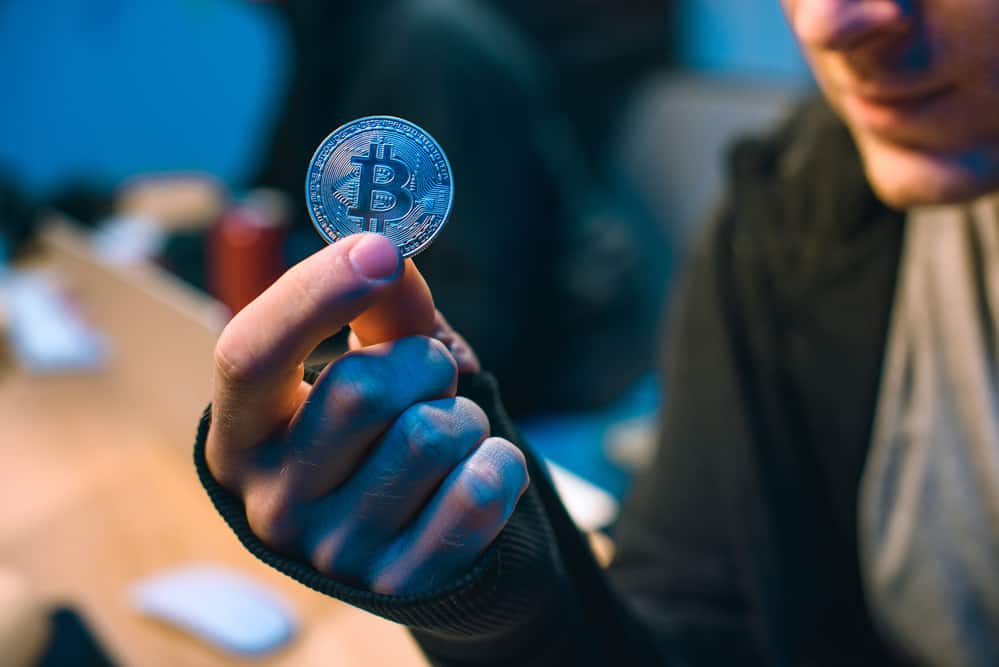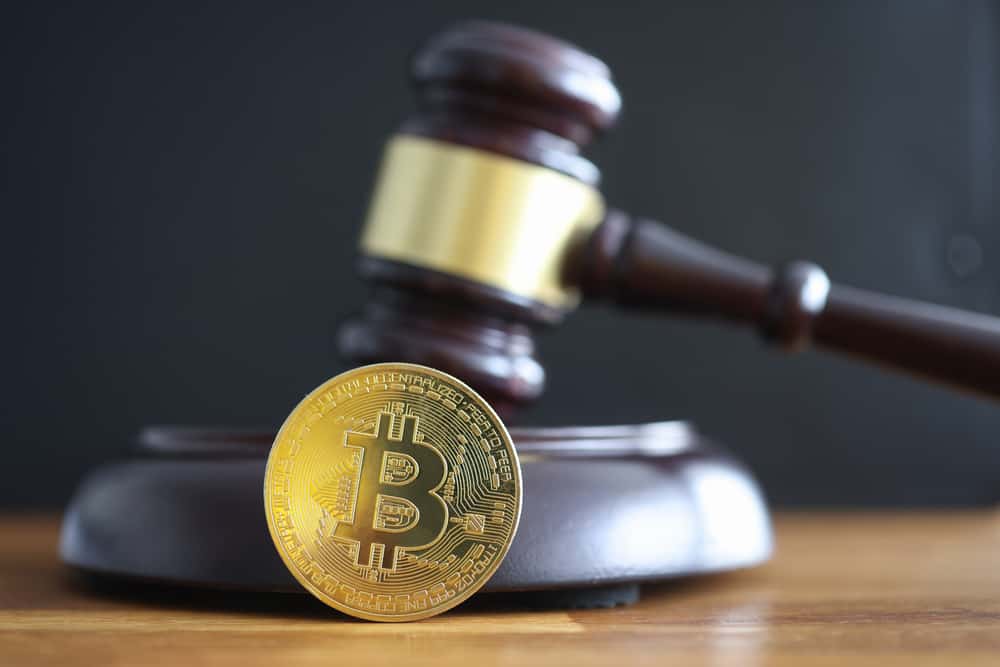Over the past year, we have seen a boom in the NFT market. Otherwise known as Non-Fungible Tokens, NFTs represent a range of digital and physical assets sold in digital form. Some of the most notable examples of recent NFT sales include the World Wide Web code written by Tim Berners-Lee and Jack Dorsey’s first tweet on Twitter. These two NFTS fetched $5.4 million and $2.9 million, respectively.
Explaining NFTs
The cryptographic tool known as an NFT proves the authenticity and ownership of assets in digital form. Blockchain technology creates and records NFTs, which can be bought and sold freely on NFT marketplaces. However, NFTs differ from other financial securities and cryptocurrencies because they are non-fungible. This is because they are not mutually interchangeable, even if the underlying asset represented by the NFT is.
NFTs can incorporate smart contracts that are coding included in the digital asset. The smart contract can consist of terms and conditions about payment for the asset and its transfer, payment rights to the original owners on the resale of the digital asset, etc. NFTs also present the potential of creating new streams of revenues.
The Legal State of NFTs
Currently, no specific regulations surround NFTs, but rules like those set out in the Markets in Crypto-Assets Regulations (MiCAR) and others will apply sooner than later. The current legal issues facing NFTs include:
Defining NFT Scope
An NFT issuer must ensure that the rights sold with the NFT must certify ownership of the asset, and they must have a license to the intellectual property rights (IPR) or contractual rights. On the other hand, the person purchasing the NFT must understand what they want to acquire, and all the details of the smart contract accompanying the asset are in place.
Specific legal issues an issuer of an NFT will want to consider are the fractionalization of the asset, particularly if it has a significant commercial value. Fractionalization does offer investment opportunities, but a smart contract is required to apply the regulatory framework to ensure the underlying asset remains intact and any restrictions are enforced.
Ascertaining Intellectual Property Rights
Valuable brands are particularly protective of their property rights, and issuers of NFTs must ensure to take heed of the relevant rights for each asset. Not all sales equate to the transfer of copyright. Typically, the issuer retains IPR and copyright, and the buyer is granted the right to display the underlying asset. The smart contract embedded into the NFT must state the terms of sale and any ongoing royalties or commission on the resale of the NFT, which is easy to track.
Financial Legal Obligations
Financial regulations dictate that a business must assess if an NFT is a regulated investment, security, or payment instrument. It must also determine if it is offering it as a custody or exchange platform. NFTs are not regulated yet, but if they exhibit characteristics of other regulated investment units, they do trigger legal obligations. Issuers must demonstrate the non-fungibility of their NFTs to prevent them from appearing as security tokens or cryptocurrencies.
The associated record keeping required for client identification, verification, and monitoring obligations forms part of the compliance obligations of the anti-money-laundering regulations. NFTs offered on the retail market are particularly vulnerable to triggering these laws. NFTs, like other digital assets, are global and, therefore, fall under multi-jurisdictional requirements for compliance.
Compliance is also vital for the advertising and marketing of NFTs. It is essential businesses highlight the financial risks of these investments adequately to remain on the right side of the law.
Data Safety and Environmental Impact
Those buying NFTs do not disclose critical personal data, so sellers don’t have any concerns regarding the prevailing privacy laws. However, any security of data concerning NFT transactions must meet the safety and data-sharing standards of the blockchain protocol.
Blockchain systems have environmental, social, and corporate governance impacts, which are high on government agendas. Those issuing NFTs, especially those on Ethereum and its proof of work system, must consider whether they align with broader organizational environmental strategies, making proper disclosures on their website and contracts.
Minting Agreements
NFT issuers often rely on the technology supplied by third parties. In these cases, a “minting” agreement must clearly define the scope of the provider’s responsibilities, IPR assurances, protection of confidential information.
An enterprise-grade crypto wallet is vital for the crypto funds required to mint NFTs. In addition, Crypto assets in the wallet need adequate protection from theft and fraud.
Besides agreements with technology partners, purchasers also require clear sale agreement terms for NFTs. These smart contracts are mostly automated but must meet consumer protection regulations with enforcement according to the buyer’s home country laws.
Final Take
NFTs, cryptos, and blockchain continue to grow and change hands faster than government policies and laws can. However, navigating the legal side of NFTs means that for now, issuers should keep to these vital legal considerations concerning digital commerce.



